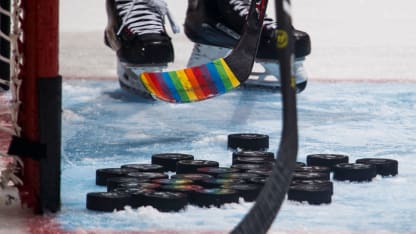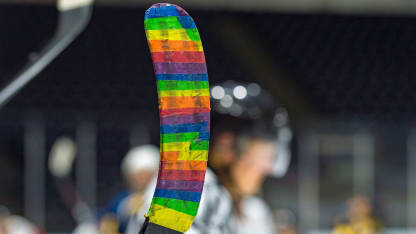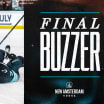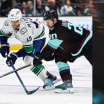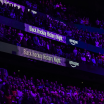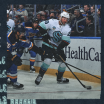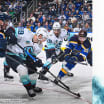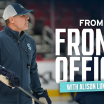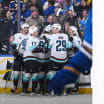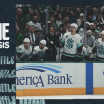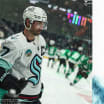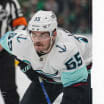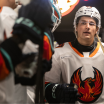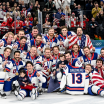"These days, I start with what it's not, because there has been distortion," said Crenshaw when asked by a Time magazine reporter in February to explain what the term means in 2020. "It's not identity politics on steroids. It is not a mechanism to turn white men into the new pariahs. It's basically a lens, a prism, for seeing the way in which various forms of inequality often operate together and exacerbate each other. We tend to talk about race inequality as separate from inequality based on gender, class, sexuality or immigrant status. What's often missing is how some people are subject to all of these, and the experience is not just the sum of its parts."
To that end, the switch to a virtual Pride celebration is focused on deeper engagement. What perhaps was proposed as a two-minute video can now become a larger virtual forum where participants are asking questions and sharing ideas. In the long run, NHL Seattle might benefit from such a shift in programming. Like many diverse sports cities, fans in Seattle are lovingly critical, says Worth.
"There's definitely some model organizations out there that are really focused on genuine community connections," he explains. "It matters to people in the Pacific Northwest. Portland, Seattle, Vancouver, and of course the Bay Area fans demand that. If they don't get it right, they're not going to succeed."
Worth believes the commitment of NHL Seattle during the last seven months and in the future will yield positive results, for the city and the team.
"We should have been all marching in the parade together [this month] and I would say that would have been the first of many activations to make sure the local LGBTQ organizations know we're not only just there for them," says Worth. "We want them to be season ticket holders. When members from traditionally underrepresented communities in hockey feel they can go to an NHL Seattle game safely, that is the ultimate experience."
